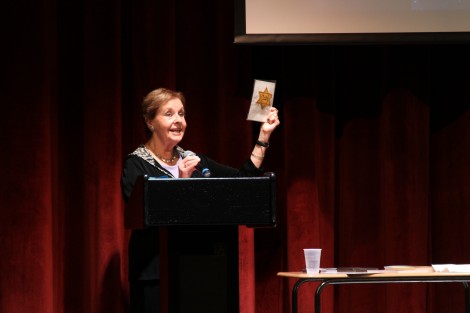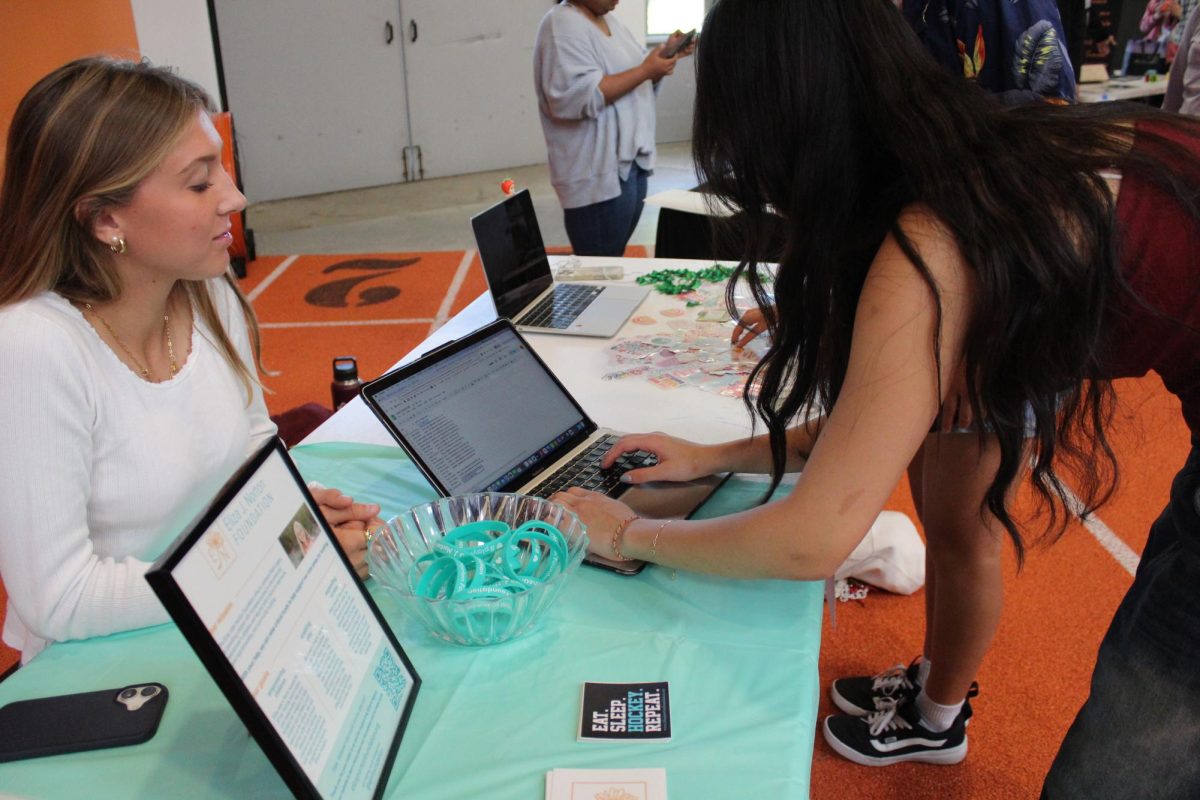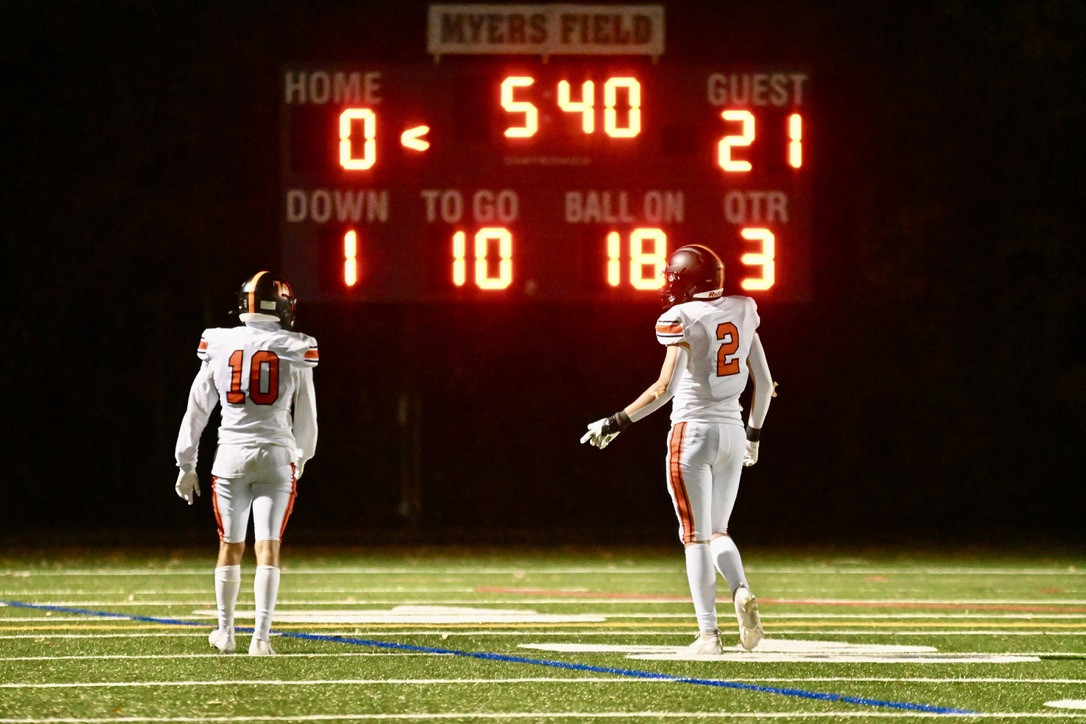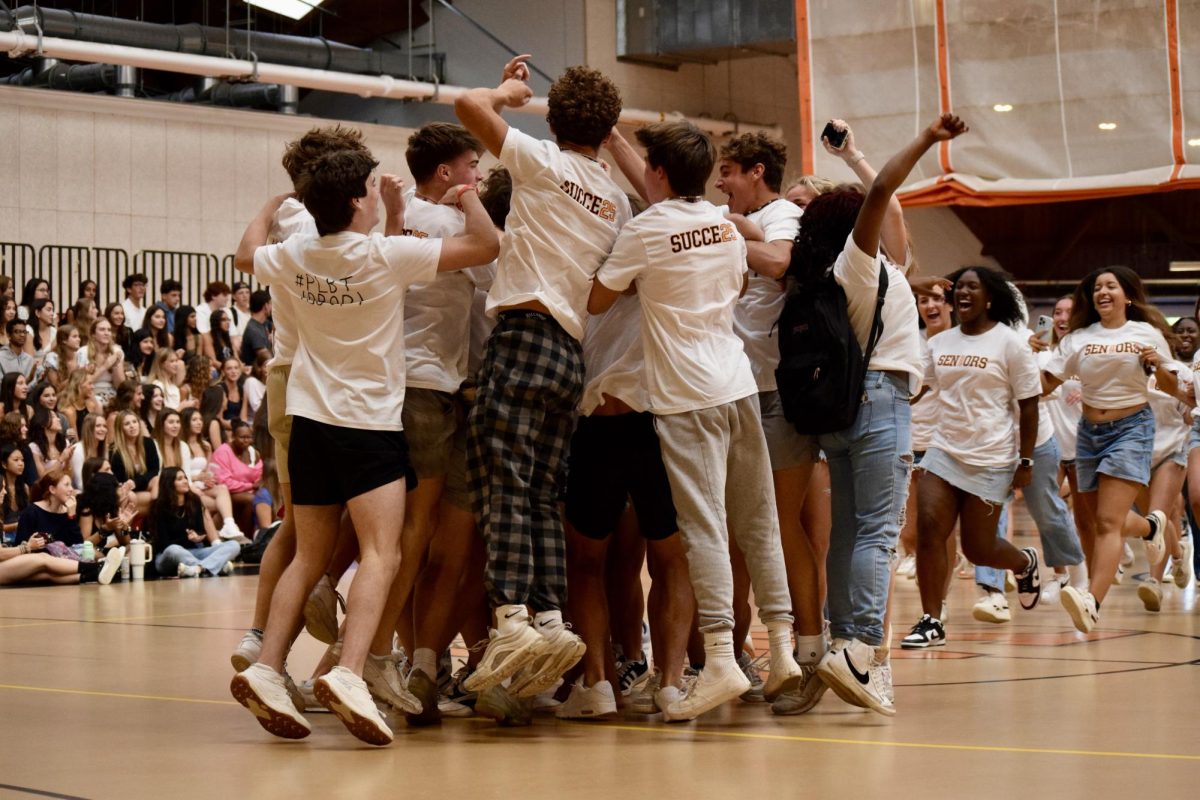
Marion Blumenthal Lazan, a Holocaust survivor, visited WHS last Monday and talked with students about her past experiences.
Lazan was taken into a concentration camp with her family when she was nine years old. She was able to stay in the barracks with her mother, but her father and brother were taken into an all-male barrack.
The concentration camp was called Bergen-Belsen. Lazan saw things there that she believes no child her age should have ever seen. She remembers seeing a wagon full of what she thought were wooden planks. As she got closer to the wagon, she noticed that the wagon was actually full of dead, naked bodies. Lazan had to deal with the horror of walking over dead bodies when she was in her barrack.
“The worst thing to deal with at that time was the emotion of fear,” Lazan said. “The fear of who would die next, if my mother would come back from her work duties, fear of what would happen to us.”
When the inmates were taken to the shower houses for bathing, Lazan was always unsure whether they would be gassed or not. They had heard rumors about the gas chambers, even though, unbeknownst to them, Bergen-Belsen did not actually have any.
Lazan lived through the Holocaust and made it out alive with her mother and her brother. Her father died a few months after liberation. Her mother lived to be 104, but she passed away this past December.
“There is no doubt that I am here because of my mom, an amazing woman, a huge inner strength,” Lazan said while showing a picture of her mother. “Her fortitude, her perseverance, her determination and her will to go on was what saw us through.”
After liberation, Lazan, her brother and her mother moved to Peoria, Illinois. Lazan worked hard in school and ended up graduating eighth in her class. It was there that she also met her husband Nathaniel Lazan, a college student at the time. Marion was 16 and a sophomore in high school when they met. They married when she was 18.
Marion has spoken to over one million students and has reached many more through her book “Four Perfect Pebbles.” The name “Four Perfect Pebbles” comes from a game that she played when she was little at the concentration camp. Marion would search the area for four pebbles that were the same shape and size. Each rock represented a member of her family. If she found all four, she knew her whole family would survive.
Besides just retelling her experiences, Marion also urged students and teachers to pass along a message of kindness and respect toward each other.
“Please share these messages with your friends. Share them, remember them, but above all, we must live by them,” Marion said. “There is very little we can do against negativity in this world, but how we treat, behave and reach out to each other, that is entirely up to us.”





































Outsourced IT • Jun 17, 2015 at 7:51 AM
truly appreciate the imperative thoughts that you offer in the substance. And certainly, thank you for your sweat! Fantastic website. I’m sending it to some buddies and also sharing in delicious. I am looking forward for more imperative considerations and more sites. I consider this post as one of the best post ever. It is unique. Lots of helpful information here. Your such a fortunate one to have this blessing wicker bin of learning. Keep it up !!!!
sarah renolds • May 10, 2015 at 1:10 PM
Did she ever say her "timeline" of life? if so,please tell it before text tuesday.